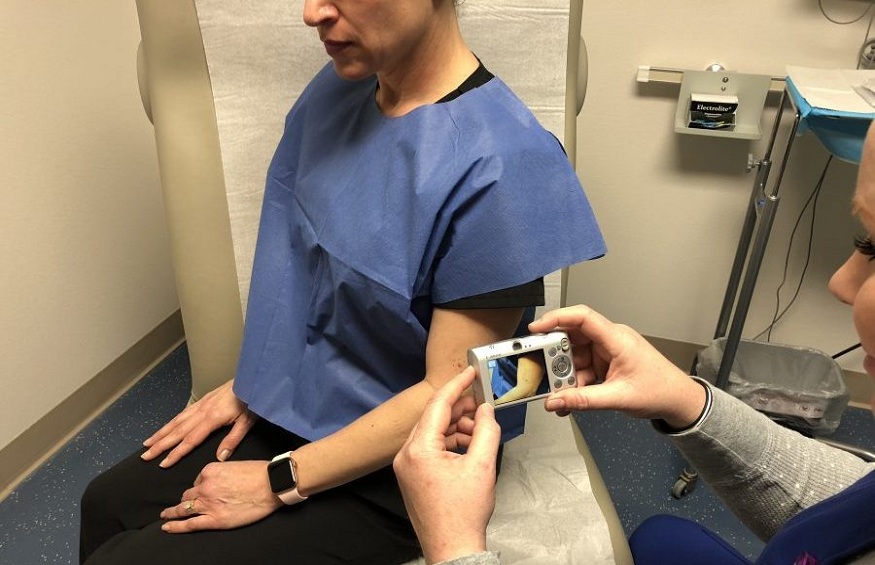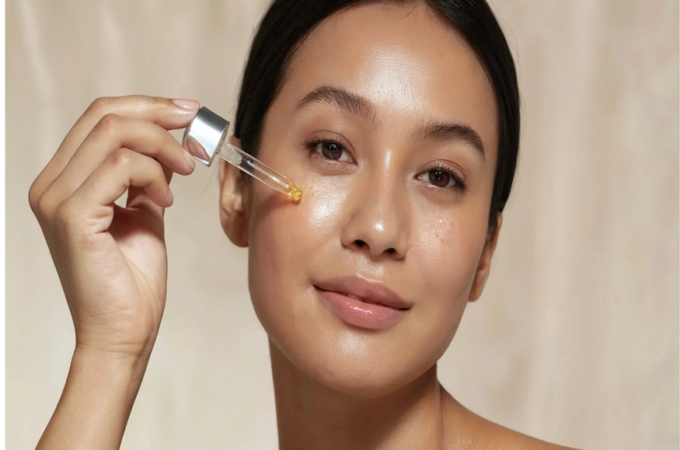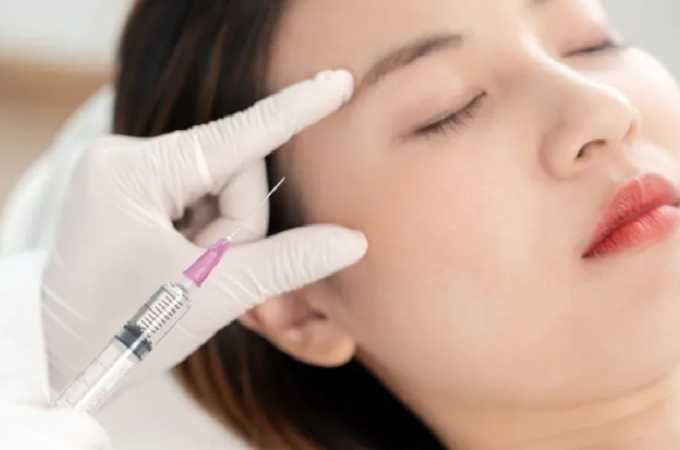
How to know if a Dermatologist is Right for You Questions to Ask
When it comes to finding the right dermatologist for you, trust is a big factor. You must trust that your doctor will take good care of your skin and help you with any underlying issues. At the same time, you need to trust that they know their stuff when it comes to skin care and other medical issues. Trust isn’t an issue when you have a top-notch specialist in your corner, though. Here are some questions to ask yourself to find out if this is the right dermatologist for you:
What are your skin care recommendations? A good dermatologist in Huntsville is well-informed about the newest skin care products and treatments. They can recommend a treatment plan that’s tailored to your skin type and needs. And they can also help you adjust your routine to prevent any future breakouts. When you first meet with your dermatologist, ask them what their skin care recommendations are. They should be able to give you a detailed list of products they recommend and why they’re important for your skin type.
Are you seeing improvement in your skin?
During your first appointment, your doctor will take the time to assess your skin. This includes your overall health and condition, but also your skin. They’ll likely look at your skin texture and complexion, as well as any spots or acne you have. This is so they can get an idea of what they’re working with. Then, they’ll be able to make a more personalized treatment plan. If you’re not seeing any improvement in your skin, ask your doctor about this. They may need more time to find the right treatments for you.
What treatments are you considering for your skin?
You’ll get to know your doctor a lot better during your skin care visits. From there, they’ll be able to tell you what treatments they’re considering for your skin. A good dermatologist will have a variety of options to choose from. They should know what treatments have been proven to work, and which ones show promise. They should also be open to discussing other treatments you may want to try. A good dermatologist will be able to give you a full rundown of all the treatments they’re considering for your skin.
Do you have any other medical conditions?
You should always ask your doctor about any other conditions you have. This can include conditions specific to your skin, such as rosacea, as well as diseases that may be affecting your skin. If a doctor finds that one treatment isn’t working for you, they should be able to quickly incorporate it into your treatment plan. Good dermatologists are well aware of the medical issues that affect patients’ skin.
Does the office environment feel right?
While you’re in the waiting room, take a moment to look around the office. Does it feel welcoming? Or do you feel like you’re intruding on the doctor’s space? You want to feel comfortable in the office environment. This can be helped with small things, like decorating with mementos of your family. Or it can be helped with things like waiting room magazines and friendly staff members.
Is the doctor open to listening to your concerns? While many doctors are open to hearing your concerns, a good dermatologist will be open to them. You should feel comfortable enough to bring up anything that concerns you. For example, a doctor may not be treating a condition you want to address. Or they may not be following a treatment plan you want to change. Good dermatologists are open to listening to their patients and addressing any concerns.
Is the price right for you?
This is a tricky one. When you find a dermatologist you like and trust, it may be worth paying a little more for them. Remember, you’re investing in your health, so it’s worth it to find a dermatologist you trust. If you need help deciding on a price, talk with a dermatology financing expert. They can help you find a dermatologist who suits your budget.
Bottom line
There are a lot of things to consider when finding a dermatologist. Not only should the physicians be board certified and licensed, but they should also understand the needs of patients with skin conditions and symptoms. In addition, the doctor should provide information and advice on healthy skin care regimens and maintenance if any, as well as how to recognize and treat any potential breakouts or conditions. As you can see, finding the right dermatologist can be quite a task. Fortunately, with a little research, you can find a dermatologist who will treat your skin condition or symptoms.





